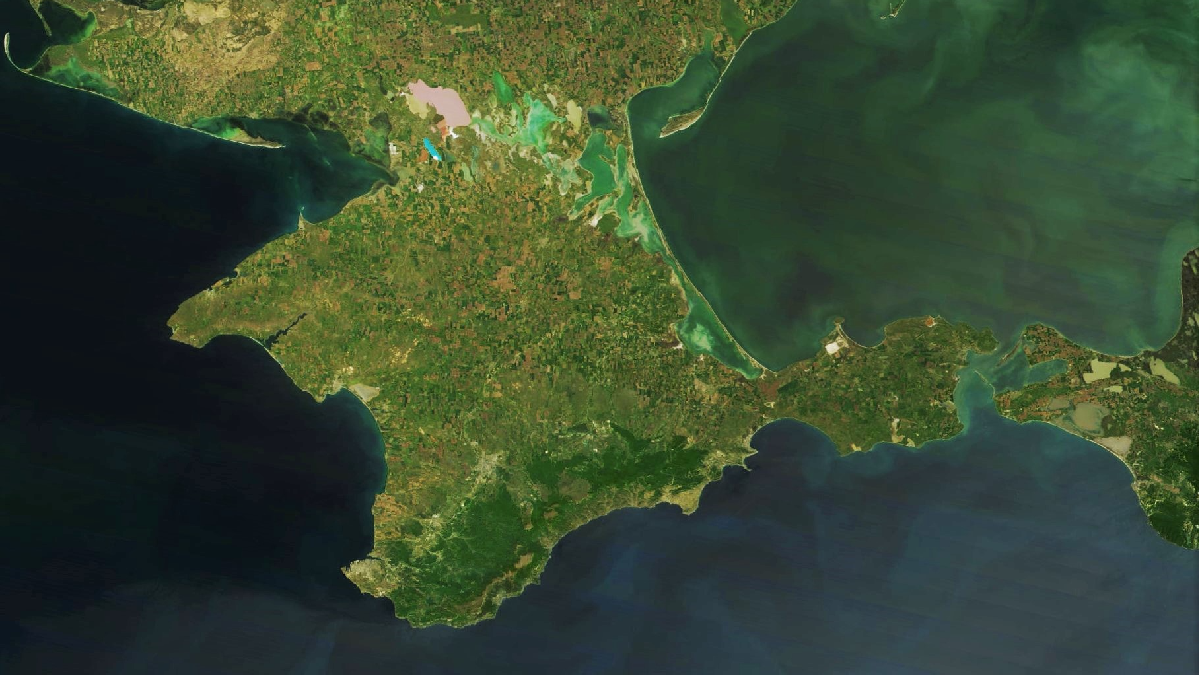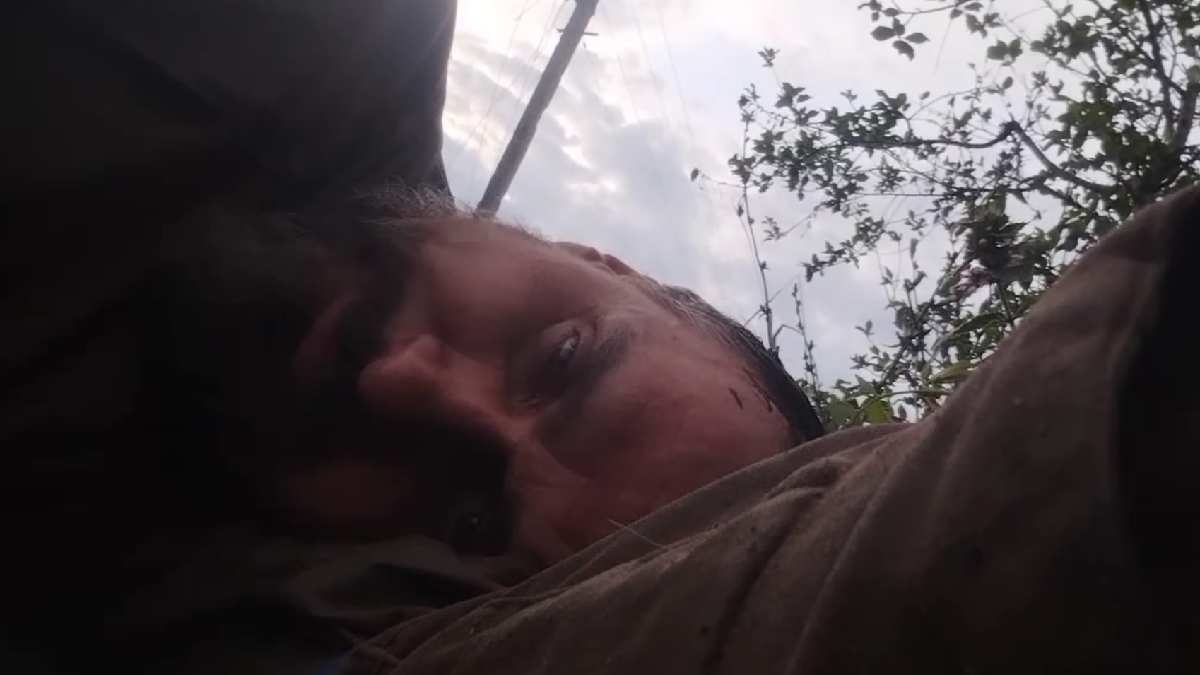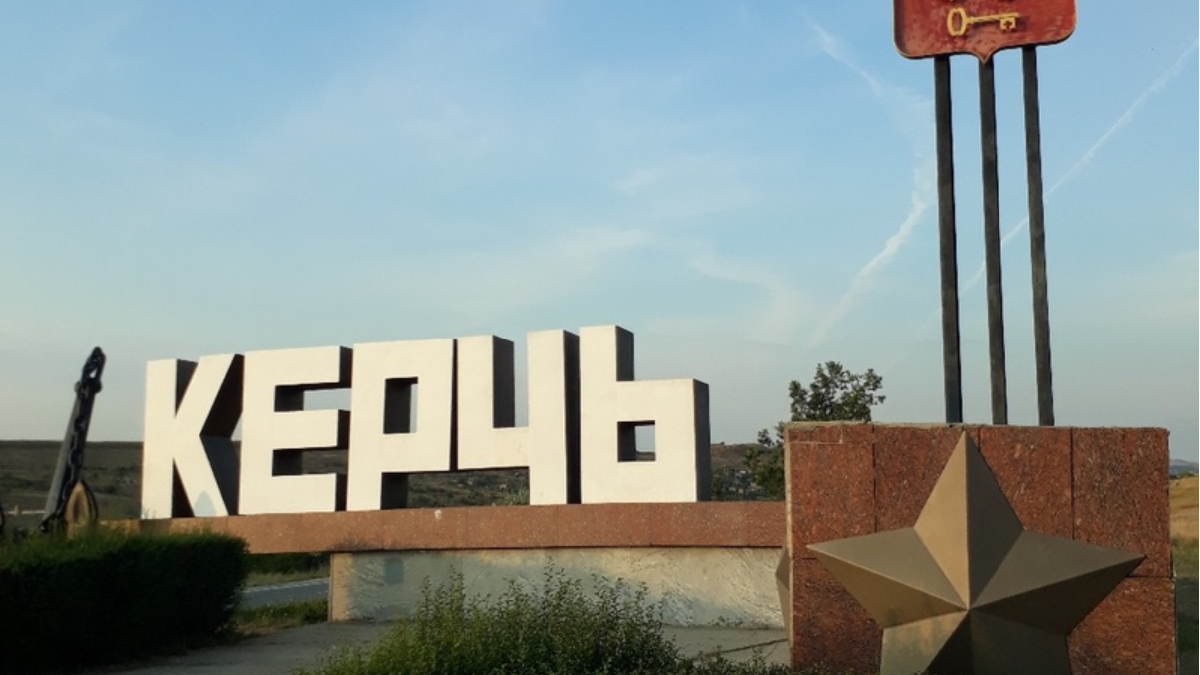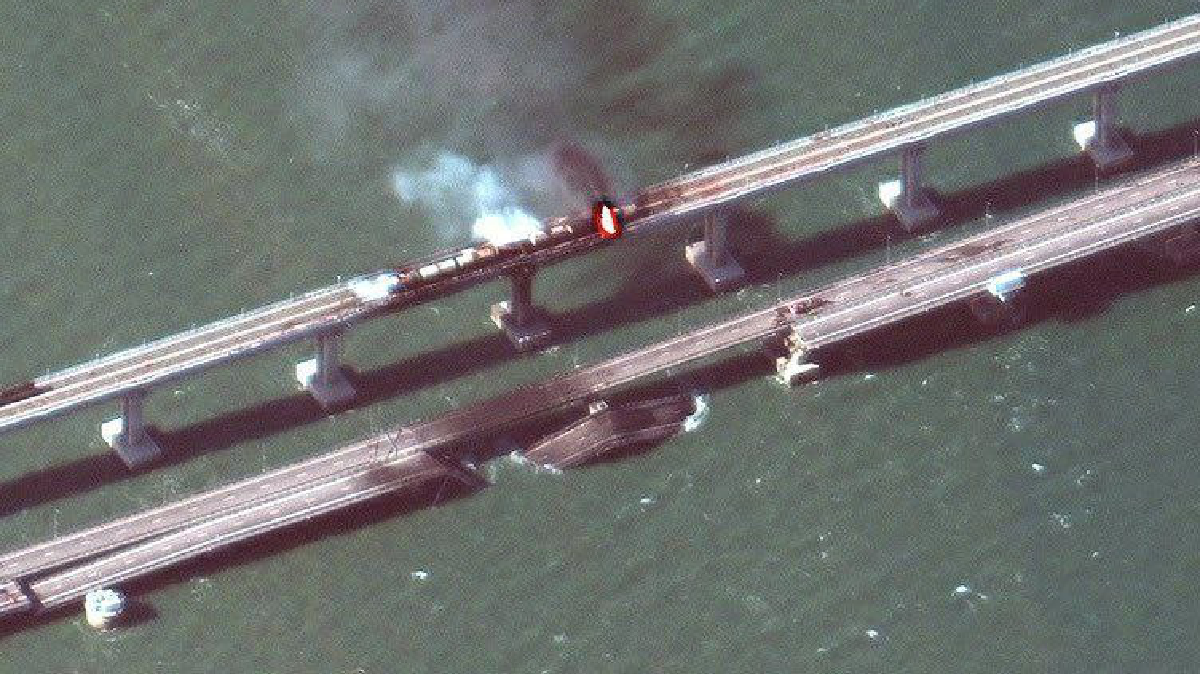The Foreign Ministry plans to restore the international format of the deoccupation of Crimea - the embassy
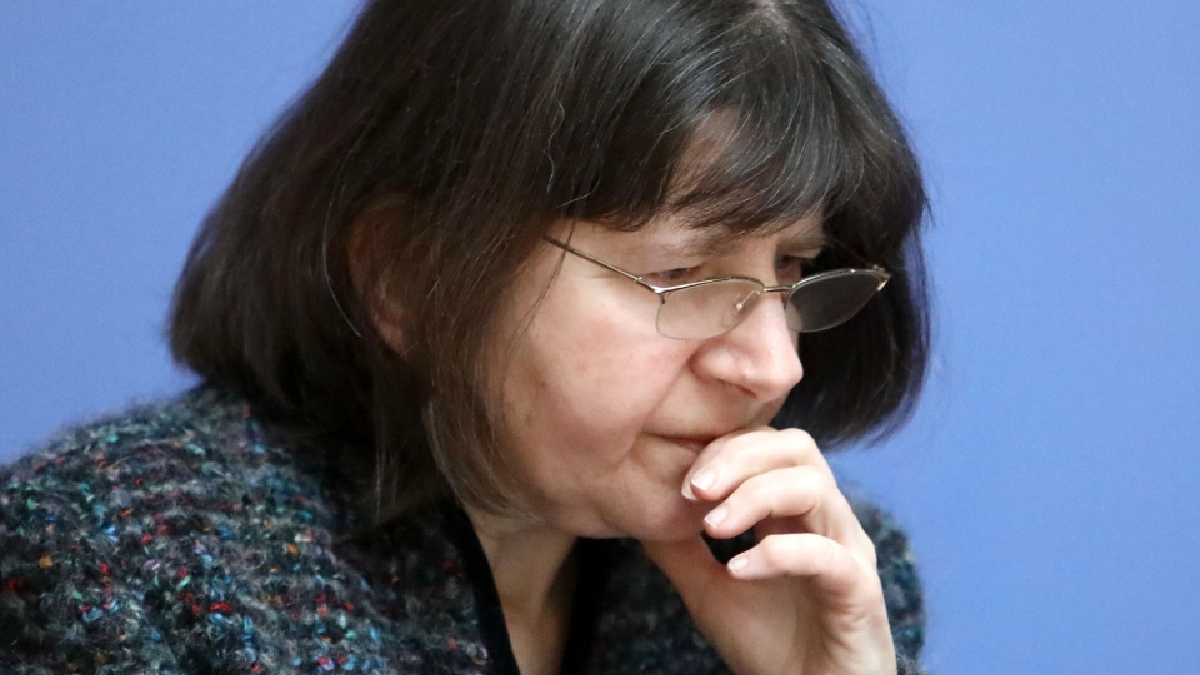
The Ministry of Foreign Affairs plans to resume the international format of the discussion on the issue of deoccupation of Crimea.
This was announced during a round table on "Crimea in the mirror of the mass media" by Ambassador Extraordinary and Plenipotentiary of the Ministry of Foreign Affairs of Ukraine Nadiya Tsok, UNN reports.
According to her, the international format needs to be made more organized.
"Given our experience in 6 years, we will continue to promote this topic. After all, tomorrow, in a year, in two - Crimea will not be deoccupied, and it is necessary to systematize and organize work so that our approaches to Crimea become part of foreign tools, otherwise it will be difficult to fight for the restoration of territorial integrity", - Tsok said.
According to the ambassador, the most painful aspect for the Foreign Ministry is the term "annexed Crimea", which is incorrect, but, according to the ministry, is increasingly used by the media and diplomats. The correct form will be "an attempt to annex Crimea".
"It is important for the Foreign Ministry to "try to annex Crimea" so that it is not explicitly recognized that Crimea is annexed, because it contradicts the international position, our position and, in principle, international law. Foreign diplomats are not very sensitive to such things. It's right to say 'attempted annexation. This is the most painful aspect", - she said.
According to Tsok, despite the fact that sanctions remain the most effective way to change Russia's behavior, the ministry wants the nature of these sanctions to be covered more often and how they affect Crimea. According to her, there is a lack of analysis of these sanctions by the Ukrainian media.
What is known
- According to Ukrainian Foreign Minister Dmytro Kuleba, any state that does not recognize Russia's illegal occupation of Crimea can contribute to the deoccupation of the peninsula.
- Interdepartmental coordination at the level of various ministries and departments allowed to define a unified state approach to the issues of deoccupation of Crimea and Sevastopol. Officials presented a joint document "Current guidelines of state policy in connection with the temporary occupation of the Autonomous Republic of Crimea and the city of Sevastopol", which provides an opportunity to solve the problems of people from the temporarily occupied territories.

